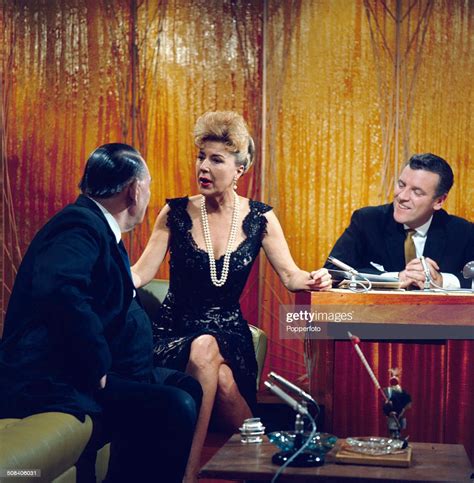A Quote by Yevgeny Zamyatin
In order to write about the machine you have to know it, to live with it, to love it (or hate it). I think that true writing could be done on industrial subjects by people who work in industry, who are firmly linked with it. But ... and here is the opposite 'but', the technology of literary craftsmanship is itself a very fine and complex matter. Qualified specialists from industry prove themselves dilettantes in the field of literature. The needed synthesis is not yet in sight.
Quote Topics
About
Complex
Could
Craftsmanship
Dilettantes
Done
Field
Fine
Firmly
Hate
Industrial
Industry
Itself
Know
Linked
Literary
Literature
Live
Love
Machine
Matter
Needed
Opposite
Order
People
Prove
Qualified
Sight
Specialists
Subjects
Synthesis
Technology
Themselves
Think
To Love
True
Very
Work
Write
Writing
Related Quotes
I would argue, for perspective's sake, that the arc of a really literary work is precisely that it both intensely reflects, and simultaneously transcends the conditions of its making. I would say that is the difference between literature and other kinds of writing. That is what the literary is - it ultimately doesn't matter what his circumstances were. And the thing that you were just saying about being sympathetic to Brontë and the fact that she could only write what she wrote when she wrote it... that's true. But look at that novel, which means so much to so many people.
I'm not sure if I could tell the difference—between just staring into space and thinking. We're usually thinking all the time, aren't we? Not that we live in order to think, but the opposite isn't true either—that we think in order to live. I believe, contrary to Descartes, that we sometimes think in order not to be. Staring into space might unintentionally have the opposite effect.
It seems plain and self-evident, yet it needs to be said: the isolated knowledge obtained by a group of specialists in a narrow field has in itself no value whatsoever, but only in its synthesis with all the rest of knowledge and only inasmuch as it really contributes in this synthesis toward answering the demand, "Who are we?"
I don't want to follow the map of what the music industry does because I've already lived the industry and I still live the industry so I already understand how it works. The industry doesn't really like us around anyway once we get older because we know too much so, that's fine - cut us off - and we'll find another way to get it out there.
So for everything I do, I'm very clear about what I'm doing, and I tell people what it's about. They get a sense of what I'm thinking. I don't let people think I'm going to write something in praise in the meatpacking industry, and then they read it and it's actually attacking the meatpacking industry.
I really hope that I can be as good as some people think I can be. But I may never work again... and that's the reality of the film industry. So, it's nice but I wouldn't want to go into something feeing like I needed to prove that I was good enough to be there. Maybe in some ways, it makes me think: "Do you know what? Some people think I'm alright, so maybe I should go into a job thinking I'm not rubbish." But I don't really think about it.
We seem to live in a world where forgetting and oblivion are an industry in themselves and very, very few people are remotely interested or aware of their own recent history, much less their neighbors'. I tend to think we are what we remember, what we know. The less we remember, the less we know about ourselves, the less we are. (Interview with Three Monkeys Online, October 2008)
I used to think that paired opposites were a given, that love was the opposite of hate, right the opposite of wrong. But now I think we sometimes buy into these concepts because it is so much easier to embrace absolutes than to suffer reality. I don't think anything is the opposite of love. Reality is unforgivingly complex.
Well, first you have to love writing. A lot of authors love having written. But I enjoy the actual writing. Beside that, I think the main reason I can be so prolific is the huge amount of planning I do before I start to write. I do a very complete, chapter-by-chapter outline of every book I write. When I sit down to write, I already know everything that's going to happen in the book. This means I've done all the important thinking, and I can relax and enjoy the writing. I could never write so many books if I didn't outline them first.





































